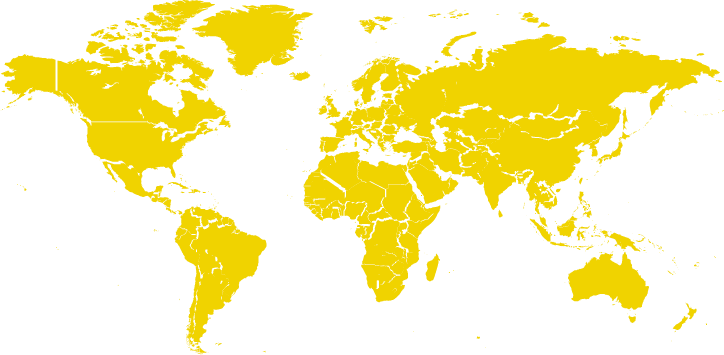
Beautiful faces and calls for peace from the 2015 World Interfaith Harmony Week march in South India.
As I read the paper this morning in Kerala, India, I was startled to read the following: “If we can have a United Nations Organization, can we not have a United Religions Organization?”
The question, which was contained in an editorial about U.S. President Barack Obama’s speech in New Delhi, was originally posed by Sarvepalli Radhakrishnan, famous philosopher and former president of India in his work, The Spirit of Religion. The answer to this question is a resounding “Yes!” and its name is the United Religions Initiative.
In an editorial entitled “Obama and Religious Freedom” in The Hindu on January 30, 2015, this quote by President Radhakrishnan was posed in reaction to what the author called “President Obama’s soul stirring ‘Address to the People of India’.” The author, as well as President Obama, stressed the importance of positively engaging the diversity of beliefs and faiths in building peaceful democratic nations. The editorial, like President Obama’s speech, and President Randhakrishna’s question, indicate that such interreligious understanding is a dream towards which we must strive.
Meanwhile, 8,000 miles away from Kerala, India, in the halls of the United States Congress, former U. S. Secretary of State George Shultz, while testifying at a hearing of the U. S. Senate Committee on Armed Services on global threats and national security strategy, singled out the United Religions Initiative as the kind of positive, non-military approach to dealing with the rising violence of religious extremism that we must support.
“I would like to call your attention to something important that has come out of San Francisco,” Secretary Shultz testified. “There is man in San Francisco named Bill Swing, the retired Episcopal Bishop of California, and he started something called the United Religions Initiative.”
Secretary Shultz went on to explain that Bishop Swing found it difficult to get top religious leaders to join him in an effort to create what he originally envisioned as a “United Nations of the World’s Religions.” Shultz then explained to the Senate Committee how Bishop Swing chose a different course, inviting people of different religions in communities around the world to create a global network of grassroots interfaith groups, called Cooperation Circles, to work together on issues of mutual interest in their communities.
Secretary Shultz called the Committee’s attention to the importance of this work, which is now taking place in 85 countries, in building connection between people of different religions around issues including economic development, education, health care, nuclear disarmament, refugee and displacement issues and more. He ended his remarks saying, “I think that things like this are to be encouraged because they get people of different religions together…and get them working together.”
Here, amidst the extraordinary work that I am witnessing on my trip to Cambodia, the South of India and Sri Lanka, the evidence of this work Secretary Shultz speaks of – and the answer to President Obama's appeal and to President Radhakrishnan’s question – is obvious and right before my eyes. This is URI. URI is creating alternatives to the division and violence among people of different religions and spiritual practices portrayed daily by the media in communities across the globe.
At a time when people around the world, including at the highest levels of government, are struggling to find non-military options to confront the violence of religious extremism, the United Religions Initiative offers a proactive alternative to mitigate violence and build peaceful and cohesive communities and countries.

